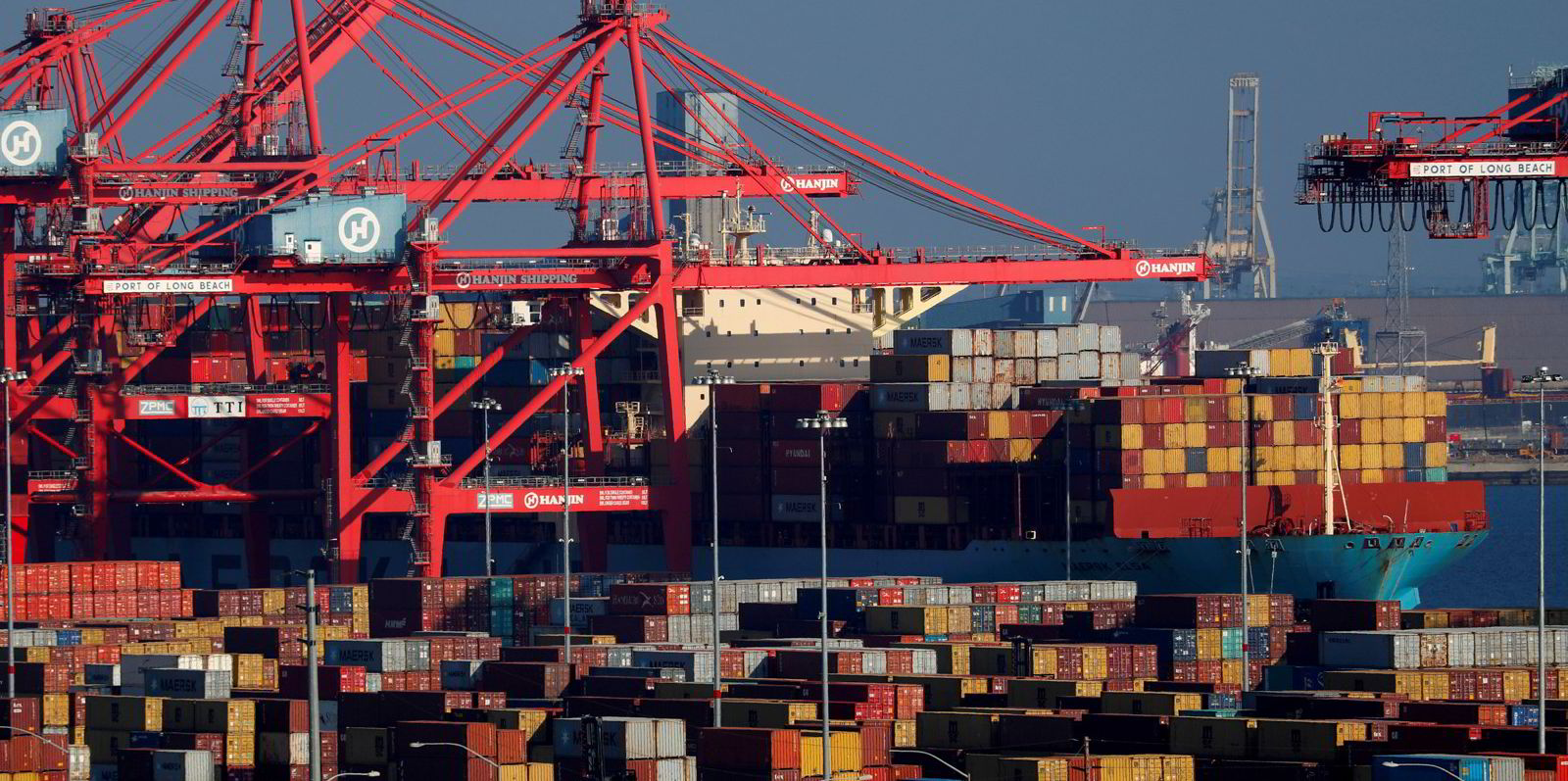As 2021 gathers momentum and the year of the Ox dawns, a number of market participants seem to be heralding firm cargo growth and strong earnings in some shipping sectors, with some even looking back to the heady days of the supercycle of the 2000s for comparisons.
While it is unarguable that cargo volumes have recently been strong, especially for bulkers and containerships, there remain a number of mitigating factors that should temper excitement over the length and strength of the surge.
Without seeking to be a killjoy, you do not have to look too far to see how a sudden reversal in trade or the unwinding of inefficiencies can pull a market down as quickly, if not quicker, than it went up.
This has been evident for VLGC earnings over the course of the winter, with a combination of arbitrage-driven opportunities and Panama Canal congestion pushing spot rates over $110,000 per day early in January, before crashing more recently to below $20,000 per day, as the arbitrage window closed and weather disrupted US Gulf loadings, allowing canal transit times normalise. A similar chain of events has also recently played out for LNG.
In the dry bulk sector, the BDI is now at more than 1,700 points, driven in part by strong grain shipments into China and cold spells in both Asia and Europe, which have added both a demand boost and logistical constraints.
What might give pause to those poised to crack open the Champagne is that many of the fleet inefficiencies witnessed over the course of the last 12 months are still baked into today’s market balances.
To put this into perspective, Maritime Strategies International (MSI) assesses year-on-year dry bulk cargo growth at -1.6% in 2020. But once fleet inefficiencies are factored into the equation, the shipping capacity requirement to move these cargoes actually rose by 3.0% year on year — a mismatch strong enough to pull the sector out of the doldrums.
Inefficiencies are still widespread and could easily dissipate in part or in whole, pulling the market down or at least negating any further increases in underlying trade.
A standoff that helps
Queues of bulkers waiting to offload Australian coal into China are still prevalent even though the political impasse is showing signs of softening, with a limited number of cargoes allowed to offload in recent days.
The standoff between the Chinese and Australian governments has also benefited tonne-miles for some sectors of the coal-carrying fleet but, if there was an about-face in policy, this could reverse quite quickly.

Route deviations to accommodate crew changes are still frequent and vessels continue to trade at lower speeds than we saw a decade ago.
Although unlikely, if vessels were to revert to trading at the average speeds seen in 2008, this would theoretically reintroduce the equivalent of 50m dwt shipping capacity back into the dry bulk market alone.
The container sector has also been exposed to significant trading disruptions, which have pushed MSI’s container time-charter rate index to levels last witnessed in 2007.
The demand for box imports into the US west coast has caused terminals to creak under the load; this has not only stymied the wider supply chain and the availability of empty boxes but has resulted in a log jam of vessels outside San Pedro Bay waiting to unload.
This situation will not continue indefinitely, and vessels are already being diverted to other ports rather than joining the back of the lengthening queue. With port delays being further compounded by Covid-19-related absences among port workers, it is thankfully only a matter of time before a degree of business-as-usual — from a human perspective if nothing else — returns as vaccination programmes are rolled out.
To be clear, elements of dry bulk trade and container imports are booming and there are fundamental reasons as to why this is the case. But trade growth and tonne-miles only explain part of the current story.
The efficiency or inefficiency of the fleet can ultimately dictate for how long the effect is felt and how it plays out. But speculation about a supercycle is premature until these temporary boosts to market balances have unwound.
Adam Kent is managing director of Maritime Strategies International,
a maritime forecasting and strategic advisory
Do you have an opinion to share?
Email: news@tradewindsnews.com





